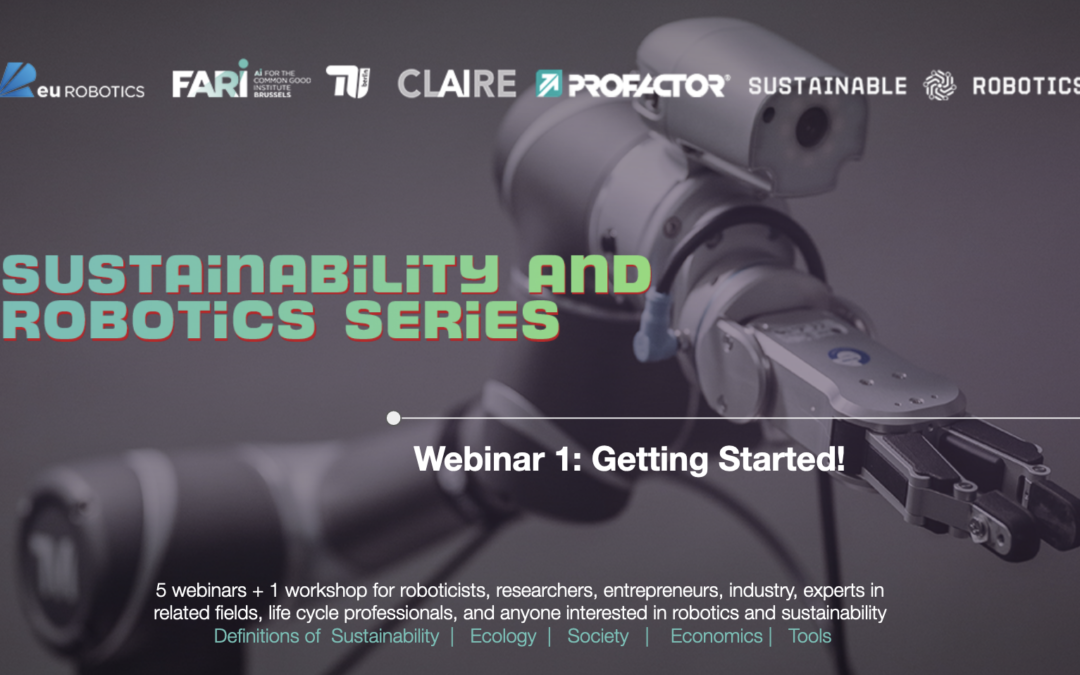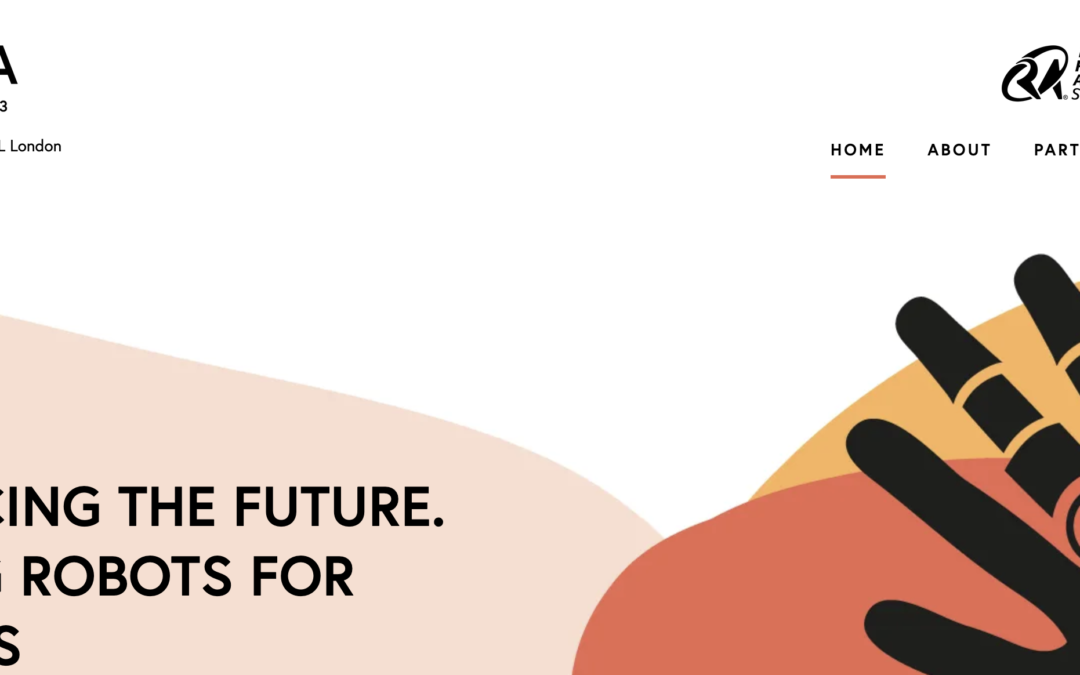
Sustainable Robotics – Translating the UN Sustainable Development Goals to our Domain
We have a new publication!
Robots are increasingly becoming integrated to our lives, with rising expectations for robotic technologies to address current and future global challenges. The United Nations’ Sustainable Development Goals (SDGs) identify these major challenges across the economic, societal and environmental domains. This work presents the excerpts of a systematic, consensus-based expert elicitation process, incorporating a multidisciplinary analysis of the roles that robotics can play in achieving the SDGs. Each of the 17 main Goals and 169 targets were reviewed individually in the context of contemporary robotics, assessing documented solutions in the scientific literature. An international group of experts evaluated the quality of evidence and the significance of enabling and inhibiting impacts, aligning these findings with the targets. The results indicate that robotics has the potential to enable 46% of the targets, particularly those related to industry and environmental SDGs. Conversely, robotics could inhibit 19% of the SDG targets, primarily by exacerbating inequalities and creating tensions between the SDGs. The primary goal of this work is to raise awareness within the robotics research and development community about their responsibility to address these targets collaboratively.
40th Anniversary of the IEEE Conference on Robotics and Automation, 2024






Recent Comments